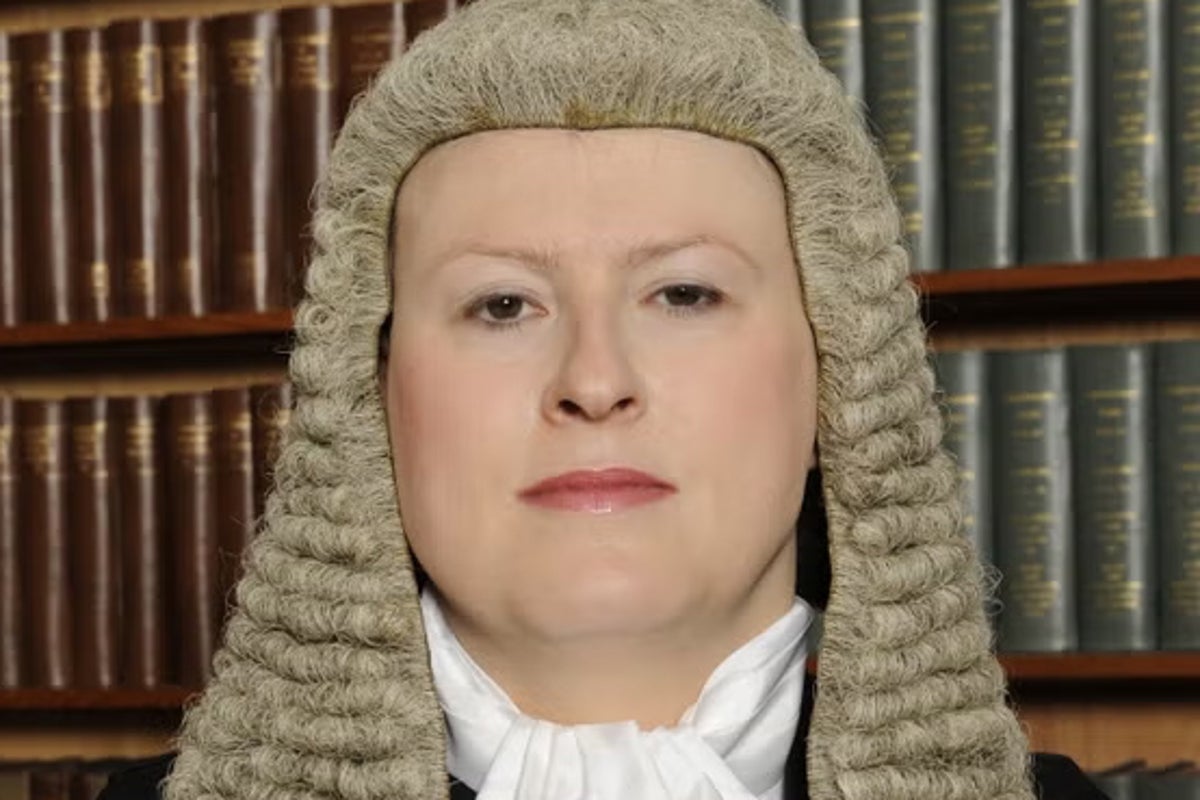Thousands of new words, including popular social media slang such as “Skibidi”, “tradwife”, and “delulu”, are set to be added to the Cambridge Dictionary this year.
Over 6,000 terms will join the lexicon, reflecting modern life with additions like “mouse jiggler” from remote working, and “forever chemical” highlighting climate change concerns.
Slang term “skibidi”, a jibberish word, joined the world’s largest online dictionary in the past 12 months.
Defined in the dictionary as “a word that can have different meanings such as ‘cool’ or ‘bad’, or can be used with no real meaning as a joke’, an example of its use is: “What the skibidi are you doing?”
The term was coined by the creator of a viral animated video series called “skibidi toilet” on YouTube, Cambridge Dictionary said, and Kim Kardashian revealed her familiarity with the phrase when she posted a video on Instagram in October showing a necklace her daughter had given her as a birthday present, engraved with “skibidi toilet”.
“Internet culture is changing the English language and the effect is fascinating to observe and capture in the dictionary,” said Colin McIntosh, lexical programme manager at Cambridge Dictionary.

“Tradwife”, short for traditional wife, has also grown in popularity, Cambridge Dictionary said, thanks to the digital world.
Meaning, a married woman who stays at home doing cooking, cleaning, and has children that she takes care of, the dictionary definition also says a “tradwife” is “especially one who posts on social media”.
As well as new phrases, some shortened versions of existing terms have been added, including “delulu”, a play on the world delusional, with a similar definition: “believing things that are not real or true, usually because you choose to”.
Mr McIntosh said Cambridge Dictionary only adds words which they believe will stand the test of time.
“It’s not every day you get to see words like ‘skibidi’ and ‘delulu’ make their way into the Cambridge Dictionary,” he said.
“We only add words where we think they’ll have staying power.”
Cambridge Dictionary uses the Cambridge English Corpus, a database of more than two billion words of written and spoken English, to observe how new words are used by different people, how often and in what contexts they are used.
More remote working since the pandemic helped “mouse jiggler”, meaning a device or piece of software used to make it seem as though you are working when you are not, gain its place in the dictionary.
Some composite terms such as “broligarchy” were also added.
Merging “bro” and “oligarchy”, the term means “a small group of men, especially men owning or involved in a technology business, who are extremely rich and powerful, and who have or want political influence”, and was used to describe tech leaders Jeff Bezos, Elon Musk and Mark Zuckerberg attending Donald Trump’s inauguration in January.
Meanwhile, new entries like “work wife” and “work spouse” acknowledge workplace relationships where two people help and trust each other, Cambridge Dictionary said.




